Hello!
First of all, what is Gamedec?
Gamedec is a single-player non-combat cyberpunk isometric RPG. You are a game detective, who solves crimes inside virtual worlds. Use your wits to gather info from your witnesses and suspects, get to the bottom of deceptive schemes, save lives, and investigate the extraordinary relationships between virtual worlds and their inhabitants. The game continually adapts to your choices and never judges – You are the sum of your choices.
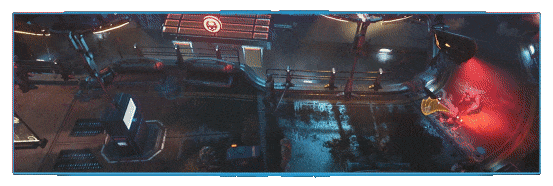
Gamedec emulates the nature of tabletop RPGs by focusing on character development through decision making. Gather aspects and craft your unique set of professions that will allow you to lead investigations in a way that feet your style. Discover extraordinary relationships between the virtual worlds and their inhabitants thanks to the gathered information in the codex.
Like in classic tabletop RPGs, you’re given the freedom to approach situations from multiple angles rather than forcing a single solution – the choice is yours and yours alone.
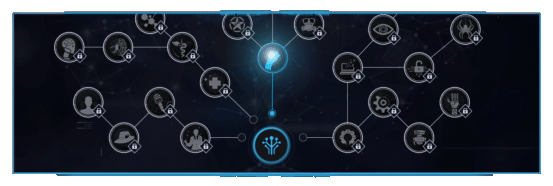
Game Mechanics:
Aspects
Aspects are elements of Gamedec's characterization that cover many different sides of a character – some of them are typical traits, some describe assets in possession of your character, Aspects can also tell you about Gamedec's background or skills. Think of them as tags, if you like.

Few of them we gain during character creation. After answering a set of questions, you are presented with a bunch of Aspects that seem to define your character best. You will gain most of them during your playthrough. Choosing a vicious answer during dialogue, or showing MacGyverish level of problem solutions will give you certain Aspects. Beware, because you may also lose an Aspect. For example: if you have the "Rich" Aspect, people from higher reaches of society will be more willing to talk with you. If you spend too much money, you will lose the "Rich" tag, and dialogue options available before will be greyed out.
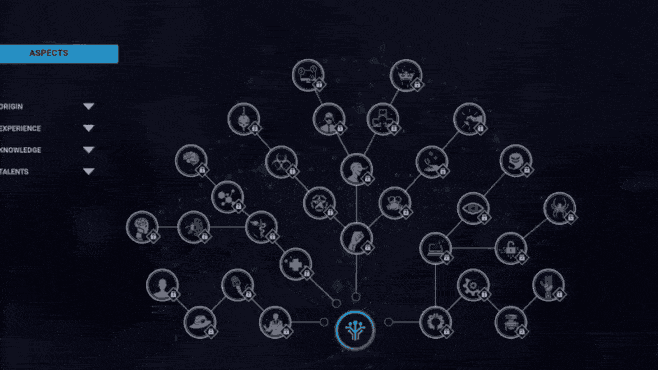
This is where it gets interesting. Aspects, while describing your character further, are here for a different reason. They are used as a currency for unlocking different branches of the Profession tree. And Professions are – next to the Deduction system – your primary way of leading your investigations. Think of them as skills you obtain to unlock specific dialogue options or environmental actions. Want to manipulate your suspect? Professions are your answer – unlock a profession to be master in people skills. Locked door? Bypass the lock if you chose to go with a "Hacker" profession.
Professions
Every gamedec has a story to tell about a life they once had. Every one of them has a background that shifts the way they see the world and defines their approach to problem-solving. It’s like second nature - sometimes long forgotten, other times locked away like a bad dream.
This is how professions work in our game – on the mechanical level they define character progress, on a narrative one – they help you flesh-out details about your gamedec’s past.
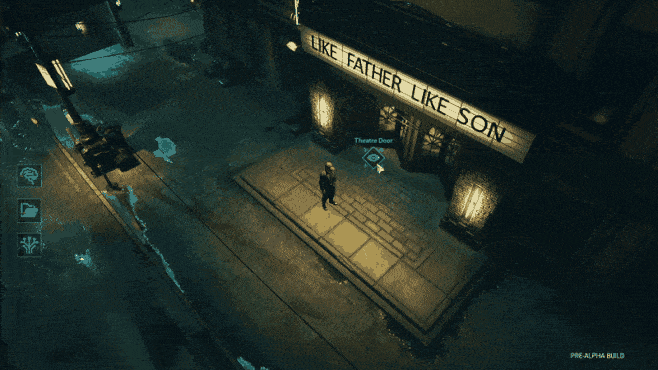
When navigating the profession tree – you can as usually, choose whether you are a focused expert, brilliant in one chose field or rather a jack of all trades, master of none. The latter gives you specific freedom of approach when dealing with day-to-day challenges of medium difficulty. Still, it might be impossible to tackle complicated situations – you won't be in control anymore, left with a need to improvise and hope for the best.
For example, let's say you have a pack of three bottom tier professions, like Influencer, Medic, and Technician. That would allow you to work your natural charisma to manipulate people around, find hidden data caches that belong to virtualia designers, and give someone a CPR. But if you were to invest fully in the News-related branch (that is: go from Influencer to Journalist, Reporter and finally a Swapper), you would become a real information-broker. You have a press pass, own informants, ability to install and disable micro-cameras, and an inhuman ability to find your way into any database.
On the other hand – being an expert in a specific path lets you thrive in some environments but leaves you somewhat awkward in others. Not every case can be solved only by your vast knowledge of Chi-Tong - a programming language based on ideograms, allowing you to hack the hell out of everything, sometimes you might need to be able to perform a field operation or use the strength of your muscles.
What you might find difficult, as a player, is to resist temptations – since you are retro-actively defining your background, we allow you to unlock professions mid-interactions. During a dialogue with a character, you will see profession-specific choices, even those you did not choose, and – if you have aspects needed – you can unlock at that very moment.
Deduction
When we started working on Gamedec, we knew that simulating the detective experience will be our top priority. We weren't, of course, the first developers to include investigations as a primary element of the game and not the first ones to build systems around it, but we believed there is still something interesting to be done with that kind of gameplay.
What we wanted to avoid was the checklist-deduction when you could get to the correct answer only after gathering a specific amount of evidence. It's a binary state when you can fill the checklist and get the right Deduction, or you're unable to progress. Another example of designs we didn't want to incorporate in Gamedec were the ones when the player almost instantly gets the feedback about whether he was right or not. Like there is this objective, all-knowing force that can, with all certainty, tell what happened and pass judgment. And you, as the player, can only agree with The Truth or not, which is not that fun and not realistic.

So our approach is different. On the one side, you gather info – this can be a statement, some intel, your findings, pieces of evidence. They unlock you the possible interpretation of facts (i.e., deductions). They are usually phrased in a precise way – e.g., if someone tells you they were unconscious during the murder, the deduction screen will keep it as "they say they were unconscious" and not "they were unconscious." Finding and interpreting contradictory statements is up to you.
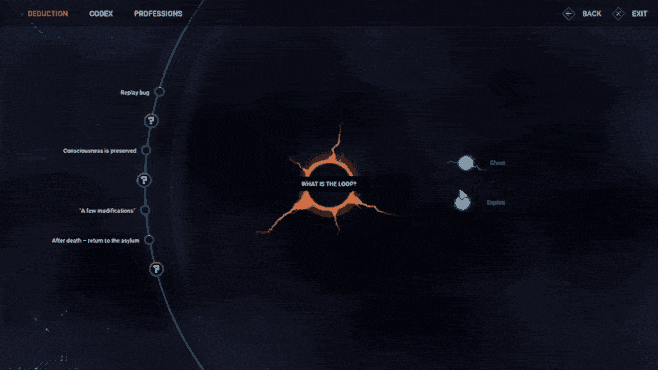
But the more critical part of Deduction is on the right side of the screen. Those are the actual deductions – gamedec's understanding of the investigation—a spanning network of choices that unlock next reasoning structures. And, of course, there will be moments when you make the Deduction and get corrected minutes later (e.g., when you deduce someone ran into the alley, and after going there you see no trace of the perpetrator), but most of the time the game will allow you to roll with it.
What is extremely important is the fact the what you think happened is not the same as what you think *about* what happened. So you can deduce that a person is responsible for murder (and you may or may not be right), but you can still decide whether you would condemn them or let them free, depending on what you think about the whole context.
It is an incredibly complex system to develop narrative-wise, so we hope you'll like it as much as we do. Keep your fingers crossed for our designers!
Right now our backers from Kickstarter are playing the Backer's Build, so you can check on youtube/twitch the videos from it!
Thank you for all your continuing support!

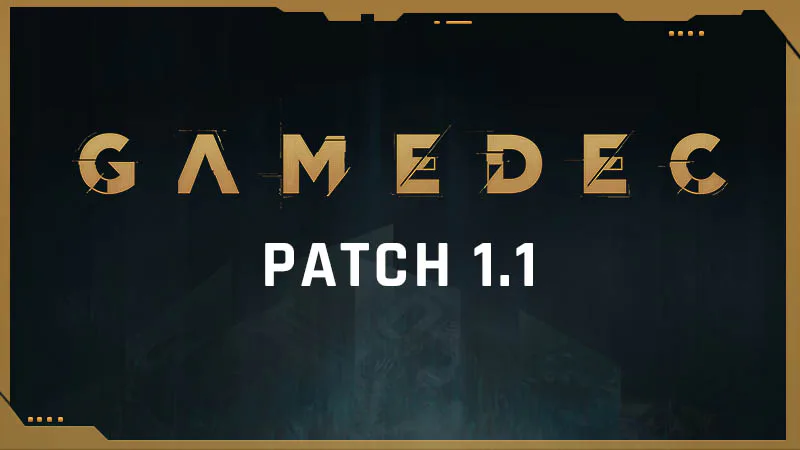
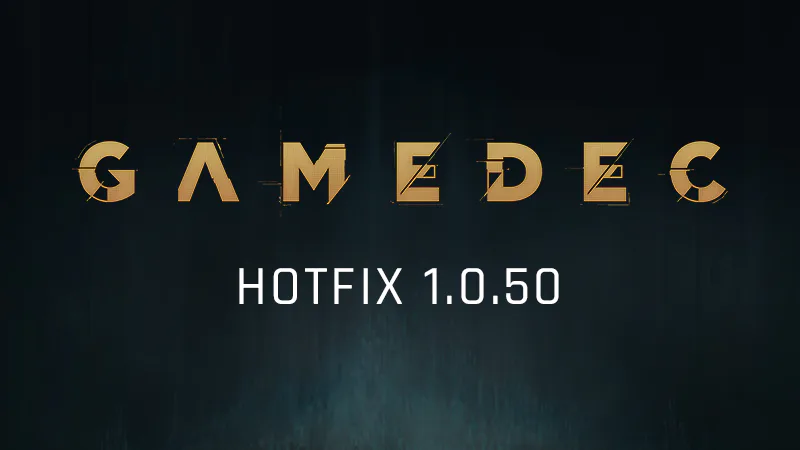



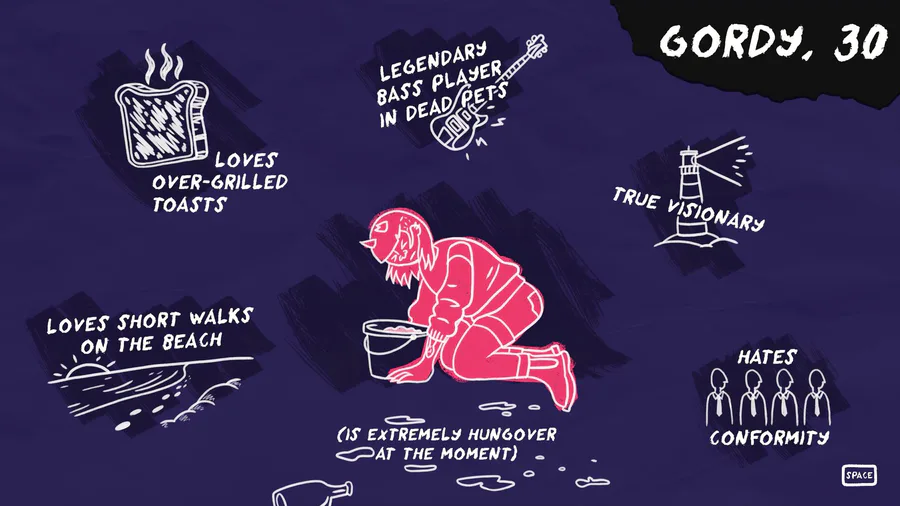
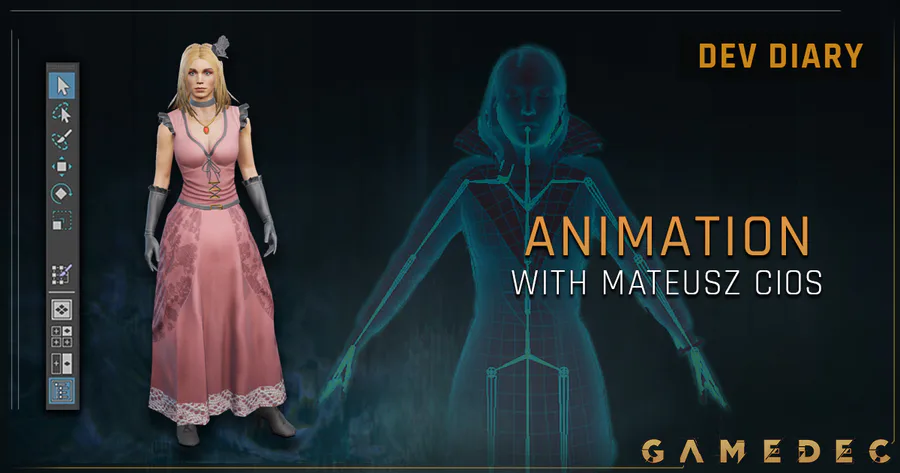
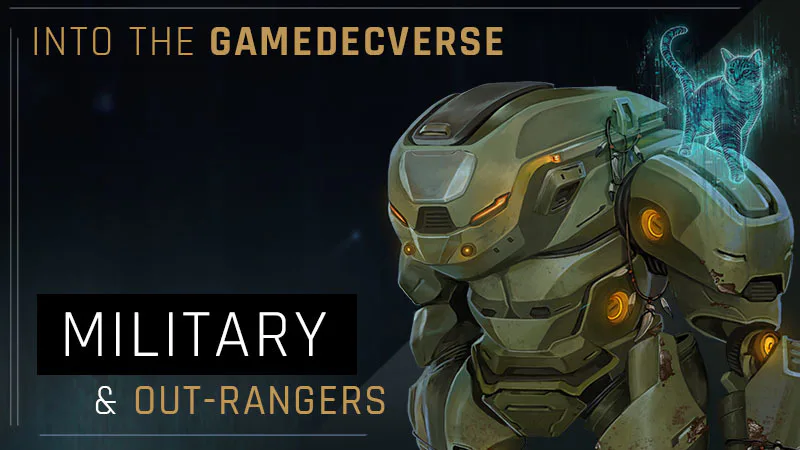


0 comments